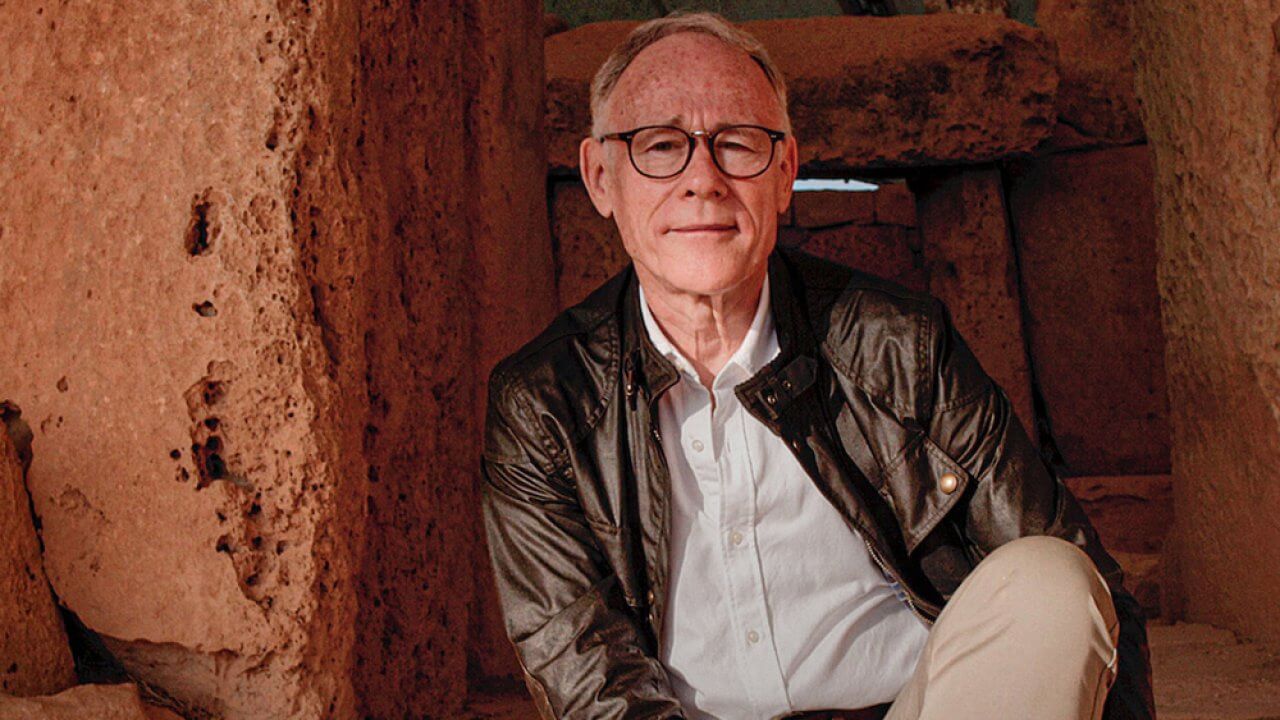- Thread starter
- #3,371
heirloomgal
Garden Addicted
- Joined
- Jan 17, 2021
- Messages
- 5,170
- Reaction score
- 16,985
- Points
- 295
- Location
- Northern Ontario, Canada
I've been watching a really fascinating documentary this week, 'Ancient Apocalypse' by Graham Hancock. There are many clues across the globe to indicate a prehistory we don't understand, Stonehenge being one, but there are many as the show goes over. Archaeological sites all around the world with the same symbols, and foundational 'myths' that overlap - despite being on different continents. Perhaps even a global language. Often what's left behind describes serpent/s and a great cataclysm of some sort, often a flood or a great winter. Turkey has an 8 story tunnel system/city built underground, Derinkuyu, that can hold 20,000 people. Part of why I find this interesting is, being a bean grower, that I feel this is the case with common belief in the origin of Phaseolus vulgaris. The story that it was introduced to Europe from the New World just doesn't make any sense given the ancient story of Jack and the Beanstalk, thousands of years ago. It's one of the oldest written stories in history. Clearly Europe was in possession of very tall plants that grew beans, so how did the story get so convoluted? This documentary explains how these things go wrong with traditional archaeological narrow thinking.
One of the points of this archaeological documentary is that finding something somewhere doesn't mean it comes from there, or that it was built by the people present at discovery. Many of these ancient structures (etc.) that we attribute to this group or that, like say 'Aztec' sites & artifacts, these were actually inherited by these groups, not created by them. And this is all over the world, clues showing we don't actually understand the prehistory that lies buried in time. So, I feel even more convinced now after watching this that the origins of P. vulgaris are not as they seem.
Great docu-series, highly recommend!

 ihavenotv.com
ihavenotv.com
One of the points of this archaeological documentary is that finding something somewhere doesn't mean it comes from there, or that it was built by the people present at discovery. Many of these ancient structures (etc.) that we attribute to this group or that, like say 'Aztec' sites & artifacts, these were actually inherited by these groups, not created by them. And this is all over the world, clues showing we don't actually understand the prehistory that lies buried in time. So, I feel even more convinced now after watching this that the origins of P. vulgaris are not as they seem.
Great docu-series, highly recommend!


Ancient Apocalypse
What if everything we know about prehistoric humans is wrong? Journalist Graham Hancock visits archaeological sites around the world to uncover whether a civilization far more advanced than we ever believed possible existed thousands of years ago.
 ihavenotv.com
ihavenotv.com
Last edited:




